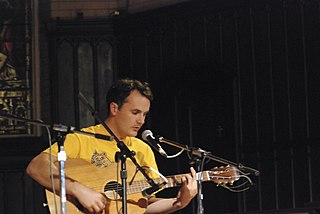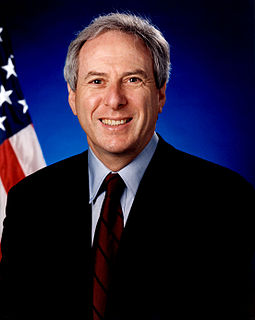A Quote by Marcus Mumford
A lot of the time writers are just sponges... for what's around them, and so books are helpful for focusing your mind and literally putting it into words.
Related Quotes
Don't be pretentious is my first advice to young writers. This is the big problem - just because you're getting an MFA doesn't mean you have to write for the Academy. Be true to your personality. Don't temper your personality down with words. Don't build defensive fortresses around yourself with words - words are your friends.
I've spent a lot of my early twenties focusing on other people as opposed to myself. Being madly in love with people and putting them first and not necessarily putting myself under a microscope. It's unsettling but I'm trying to be the kind of person that can be alone, at peace with himself. Making most recent album, I felt braver putting stuff into songs than I do bringing them up in conversation. Which makes no logical sense. Lyrically, there was a lot less hiding behind suns and moons and stars.
Don't just say you have read books. Show that through them you have learned to think better, to be a more discriminating and reflective person. Books are the training weights of the mind. They are very helpful, but it would be a bad mistake to suppose that one has made progress simply by having internalized their contents." Translation by Sharon Lebell
I'm not a writer. I know a lot of writers; I know a handful of really excellent, great ones, and I know what they're like. They are in love with language. They're obsessed with it. Even if their thoughts aren't more special than anybody else's, they have a way of putting them into words that makes them sensational.
All the books on my shelves, when I would go to them to look for help with my anguish, they all just seemed so crass. They didn't get it. Those books don't understand. Nobody understands. The universe, nobody understands my agony, or my questioning, and it's this shift in what in the world around us could possibly be meaningful or helpful.
Throughout my career, I had a lot of mentors, and I just adopted them. What I found is that, especially if you're young, when you go up to people and say, 'Would you mind being my mentor?,' their eyes widen. They literally step back. What they're thinking about is the commitment and time involved if they say yes. And time is something they don't have. So I would not ask them to be my mentor, but I would just start treating them like it. And that worked very well for me.
Books can be passed around. They can be shared. A lot of people like seeing them in their houses. They are memories. People who don't understand books don't understand this. They learn from TV shows about organizing that you should get rid of the books that you aren't reading, but everyone who loves books believes the opposite. People who love books keep them around, like photos, to remind them of a great experience and so they can revisit and say, "Wow, this is a really great book."
The reality is just the opposite: the master does nothing. It is in your becoming a disciple that the whole mystery lies. It is in your surrender of the ego that the whole search comes to an authentic point. It is in putting your mind aside. That is what sannyas is: an authentic discipleship. It means putting your mind aside. You have lived according to your mind up to now. If that is fulfilling, then there is no need for anybody to become a sannyasin.
The problem in our country isn't with books being banned, but with people no longer reading. Look at the magazines, the newspapers around us - it's all junk, all trash, tidbits of news. The average TV ad has 120 images a minute. Everything just falls off your mind. You don't have to burn books to destroy a culture. Just get people to stop reading them.
Shakespearean words, foreign words, slang and dialect and made-up phrases from kids on the street corner: English has room for them all. And writers - not just literary writers, but popular writers as well - breathe air into English and keep it lively by making it their own, not by adhering to some style manual that gets handed out to college Freshmen in a composition class.




































